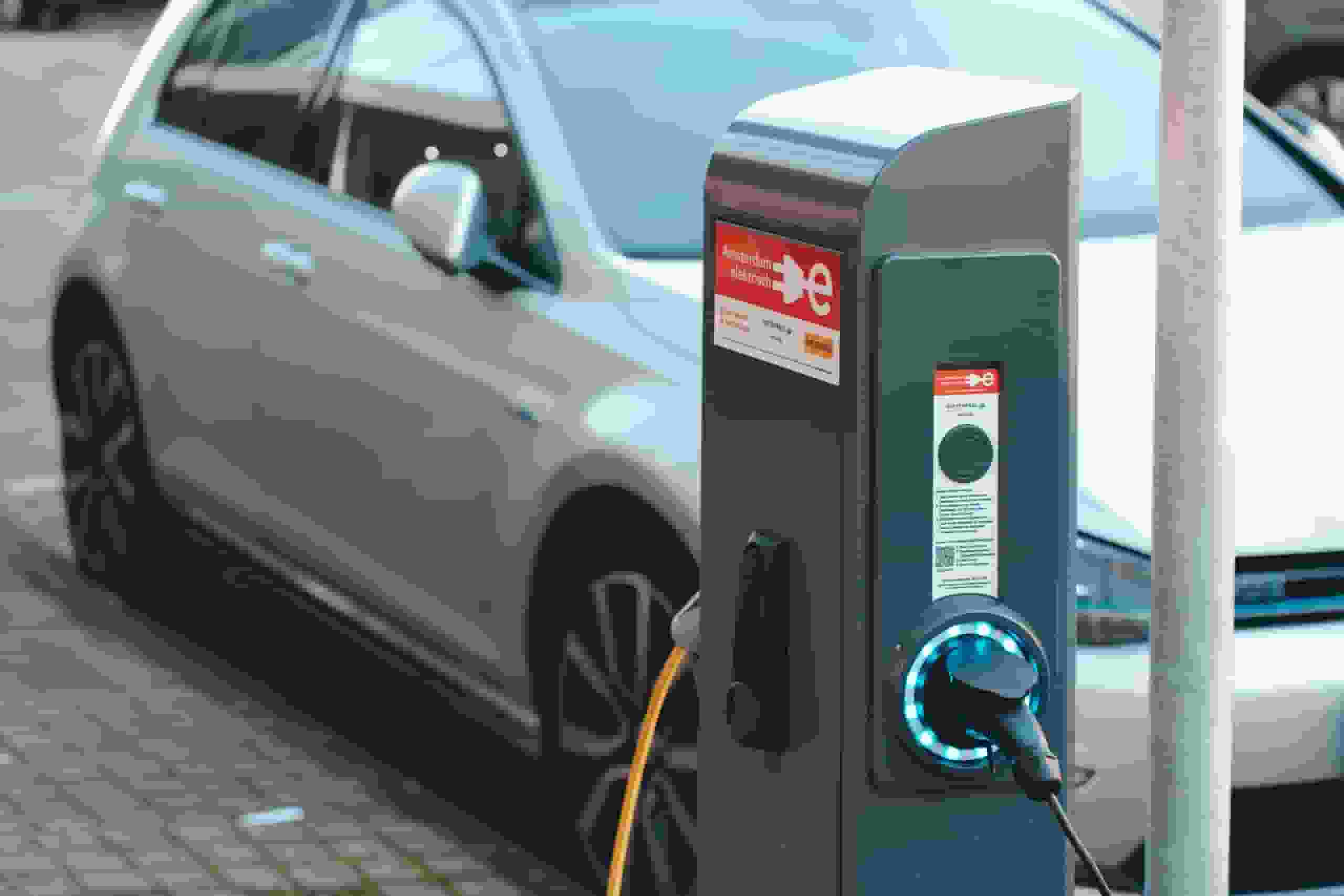With the first formal guidelines on which cars qualify for subsidies anticipated this week, lawmakers on both sides are examining how the Biden administration handles new EV tax credit.
Legislators from both parties are looking at how the Biden administration manages new electric vehicle incentives as the first written instructions on which automobiles qualify for subsidies are expected this week.
EV Tax Credit Schedule
The IRS Code Section 30D enables taxpayers who purchase a qualified plug-in, hybrid, or fuel-cell vehicle to claim a credit on their tax return, intending to encourage Americans to abandon gas-powered cars.
The electric vehicle tax credit, also referred to as the clean vehicle credit, is equal to $2,917 for a car with at least 5 kWh of battery capacity plus $417 for each additional kWh, up to a maximum of $7,500.
You can’t get back more money than you owe in taxes because the credit is nonrefundable. Sen. Joe Manchin III expressed worry last week about the Treasury Department’s upcoming guidelines on the necessity of requiring that a portion of the minerals used in car batteries come from friendly countries.
The Democrat from West Virginia put delayed backing the budget reconciliation measure for months, which ultimately cost $270 billion in tax credits to promote sustainable energy and lower greenhouse gas emissions.
The Inflation Reduction Act, which US President Joseph Biden signed in August, had a number of provisions, including a $370 billion budgetary allocation for addressing the ongoing climate problem, the highest in US history.
The comprehensive law contains business incentives for carbon dioxide abatement technologies as well as tax credits to support renewable energy sources.
It also significantly revised the electric vehicle tax credit, changing which manufacturers and models are eligible for the $7,500 tax credit and introducing income restrictions and price constraints.
Because of this, a car that would have been eligible for the full credit if you had purchased it last year may now just qualify for half of it or not at all.
Read more: Employee Retention Credits: IRS advises workers to be aware of widespread tax scams
IRS, Automakers Hash Out The Details

A portion of a vehicle’s components must also be produced in the US for that car to be eligible for the credit, helping to strengthen the US’s position in the global EV market.
The majority of the new regulations went into force at the start of 2023, but the IRS and automakers are still working out the specifics before announcing final battery specifications.
The revised list of permitted manufacturers and models will be unveiled by the end of March, according to the Treasury Department.
What you need to know depends on whether you want to purchase an electric car in the near future, claiming the EV credit for the 2022 tax year, or are just considering it.
Read more: Retirement savings: Top 4 strategies to grow your $100,000 into $1 million


